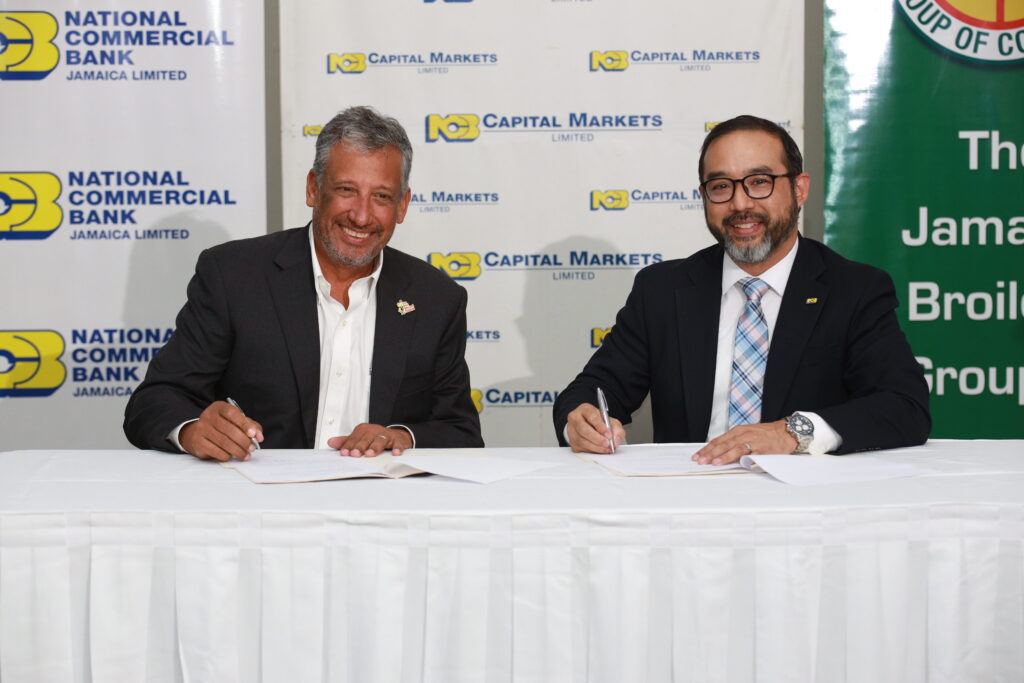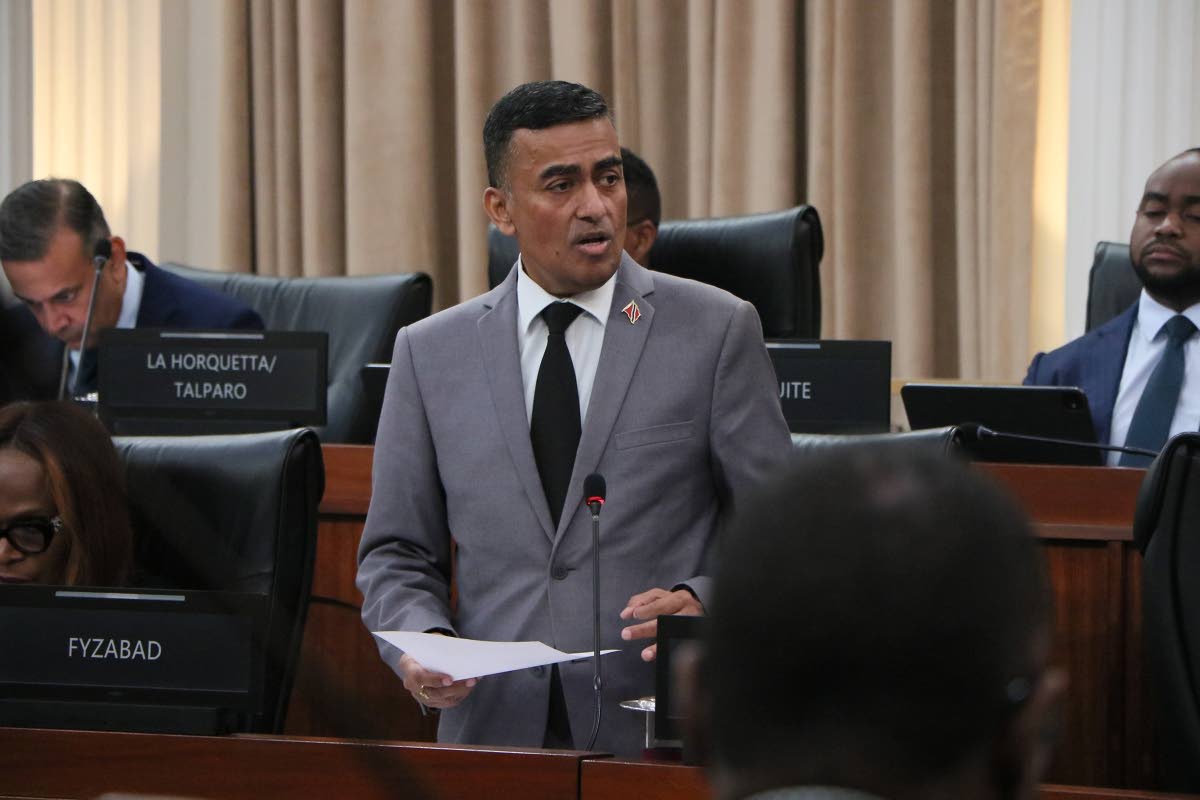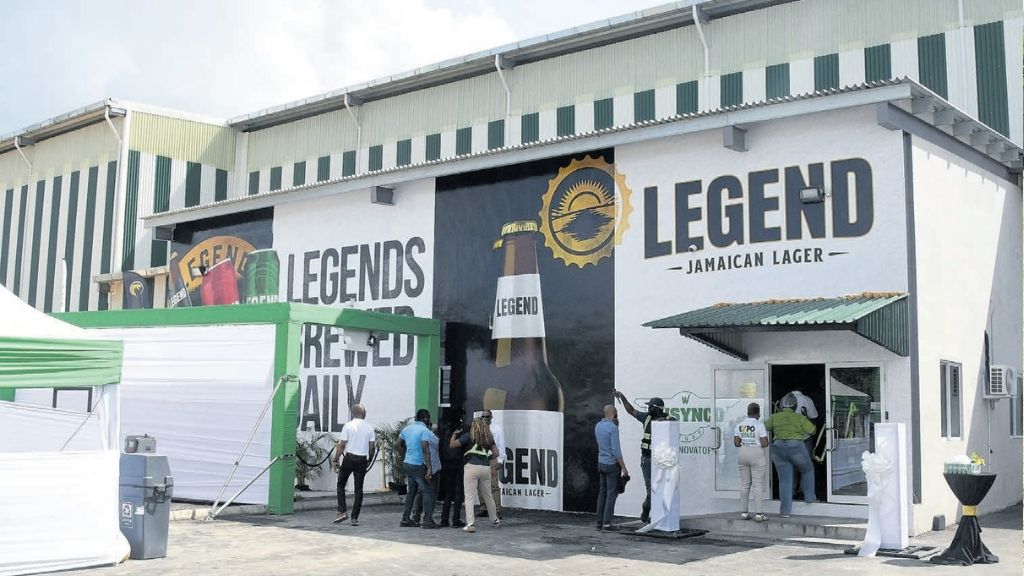Jamaica’s ambitious ‘triple five’ tourism strategy—aiming for five million visitors, US$5 billion in earnings, and 5,000 new hotel rooms by 2025—has been significantly derailed by consecutive hurricane strikes, compelling a major recalibration of the sector’s growth trajectory. Tourism Minister Edmund Bartlett confirmed the setback, attributing the shortfall primarily to Hurricanes Beryl (2024) and Melissa (2025), which collectively caused the loss of nearly half a million visitors and widespread infrastructure damage.
Preliminary 2025 estimates now project approximately 4.5 million arrivals and US$4.6 billion in revenues, falling substantially short of original targets. Hurricane Melissa alone dealt what Bartlett described as a ‘significant blow,’ with approximately 30% of hotel rooms currently offline. Sector capacity is expected to gradually recover, reaching 80-85% by mid-year and 90% by November, though full restoration remains months away.
The financial impact has been staggering, with reconstruction costs equivalent to an estimated 41% of Jamaica’s GDP. Airport operator data revealed a 524,000-passenger decline in 2025—the largest annual drop since the pandemic—amplified by additional challenges including U.S. travel advisories and shifting immigration policies.
Despite these setbacks, Bartlett struck an optimistic note regarding long-term prospects. The ministry has established revised targets aiming for eight million visitors and US$10 billion in earnings by 2030, supported by an undiminished investment pipeline. Multiple major developments are advancing, including the 500-room Unico property (mid-2025 opening), Palladium Hanover, Moon Palace Grand, and the luxury Pinnacle multi-tower project.
Crucially, resilience has become central to Jamaica’s tourism strategy. New constructions will incorporate enhanced building standards, reinforced roofing systems, and improved utility redundancies to withstand future climate and seismic events. Bartlett emphasized that investor confidence remains strong despite recent challenges, signaling enduring faith in Jamaica’s position as a premier Caribbean destination.









